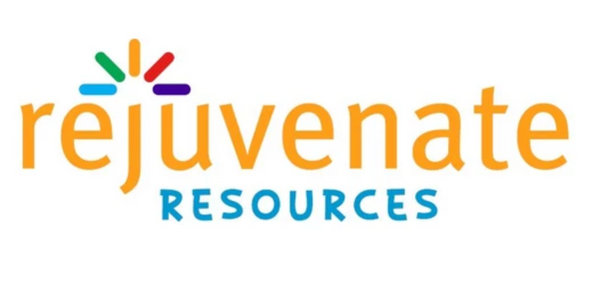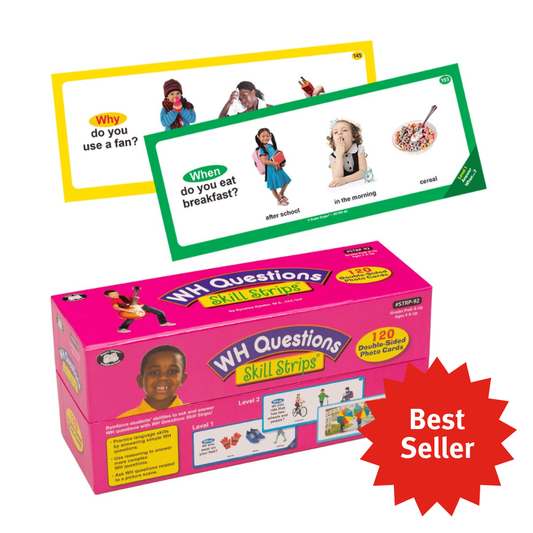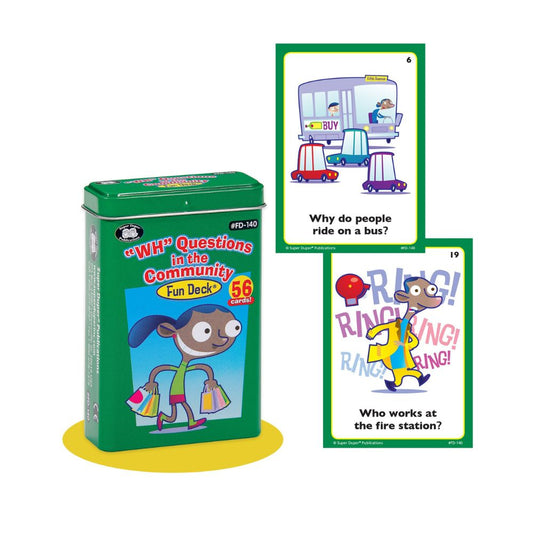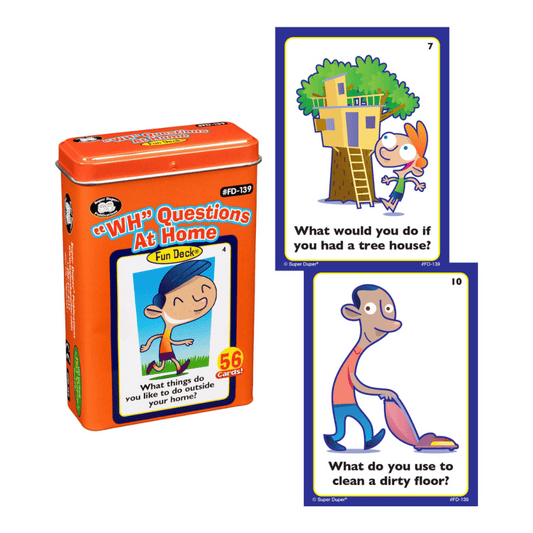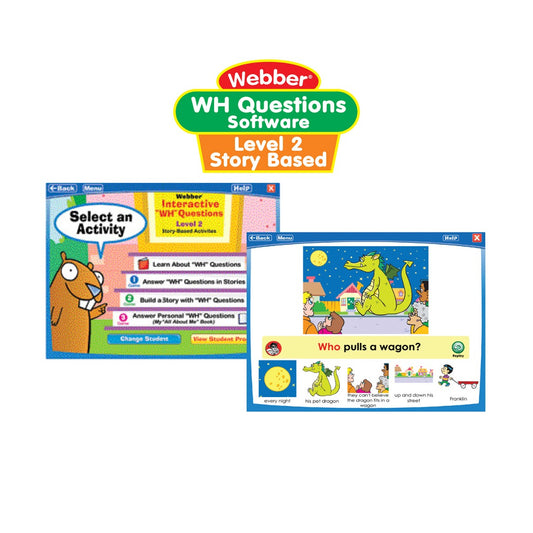Share
Social and emotional growth also benefits from "WH" questions. By asking "Where" or "Who," children learn to understand others better. They develop empathy when they ask about feelings or perspectives. Overall, these questions are a bridge that connects knowledge, emotions, and social skills in early childhood.
Enhancing Language Skills Through "WH" Questions
Introducing "WH" questions encourages kids to use more descriptive and precise words. For example, instead of just saying "toys," a child might say, "Where is my red truck?" This expands their vocabulary and helps them understand adjectives and specifics. Asking questions like "What do you see?" or "Who is that?" makes children think about details in their environment.
Asking questions with visual cues and feedback in their immediate environment can help children formulate responses with richer vocabulary (Diehm, E., Abou-Dahech, T., 2019). A practical way of enhancing children’s language skills in this manner is by using the “Ask and Answer” resources.
Teaching Tips for Parents and Teachers:
- Use "WH" questions often during daily routines.
- Repeat children’s answers to help expand their language.
- Turn storytelling into a chance to pose questions like "Why do you think the character did that?"
- Encourage children to come up with their own questions to foster independence in language.
Developing Problem-Solving Skills
When children ask "Where" or "How," they often want to understand how something works or why it happens. For example, exploring nature with questions like "Why do leaves change colour?" teaches children to analyze and learn from their environment. These questions help sharpen their problem-solving skills as they start to piece together explanations.
According to literature, using “WH” questions in a question-and-answer method through a variety of games that are fun and interesting for children helps to foster language and communication skills through critical thinking (Putri, 2020).
The research supports that WH-question-based "Ask and Answer" games significantly enhance language development, vocabulary acquisition, and critical thinking in children. These effects are particularly pronounced when such questions are posed during naturalistic, interactive play, highlighting the value of intentional conversational strategies in early childhood education (Putri, 2020).
Supporting Social Interaction and Emotional Expression
"WH" questions help kids understand feelings and viewpoints. Asking "How do you think they felt?" or "Why do you think that happened?" fosters empathy. It helps children see things from others’ perspectives, making them more caring and understanding.
By focusing on targeted questions, children learn to listen carefully and respond thoughtfully. Role-playing scenarios using "WH" questions can improve their social response skills. Practice makes asking and answering a natural part of conversations.
Studies have shown that question and answer games foster two-way communication, enhance emotional intelligence and improve listening and conversational skills in group settings (Putri, 2020; Rowe et al., 2017).
Practical Social and Emotional Teaching Tips
- Foster a questioning environment at home or in class.
- Ask open-ended "WH" questions to encourage longer responses.
- Model asking questions yourself during activities.
- Give children time to think before answering.
Summary
Asking "WH" questions plays a crucial role in a child's growth across many areas. These questions boost vocabulary, foster critical thinking, and build social-emotional skills. Parents, teachers, and caregivers should make asking these questions a regular part of daily routines. Doing so creates a strong foundation for lifelong learning. Encouraging curiosity through effective questioning is one of the best ways to help children become insightful, compassionate, and capable learners.
References
Diehm, E. A., Abou-Dahech, T. (2019). WH-Question intervention for children with language disorders. EBP Briefs (Vol. 13, Issue 3, pp. 1–9). NCS Pearson, Inc. https://www.pearsonassessments.com/content/dam/school/global/clinical/us/assets/ebp-briefs/ebp-v13a3.pdf
Putri, Yolandha. (2020). The Influence of Question and Answer Methods on The Development of Critical Thinking in Early Children. Early Childhood Research Journal (ECRJ). 3. 76-96. https://www.researchgate.net/publication/350493245_The_Influence_of_Question_and_Answer_Methods_on_The_Development_of_Critical_Thinking_in_Early_Children
Rowe, M. L., Leech, K. A., & Cabrera, N. (2017). Going Beyond Input Quantity: Wh-Questions Matter for Toddlers' Language and Cognitive Development. Cognitive science, 41 Suppl 1, 162–179. https://doi.org/10.1111/cogs.12349
